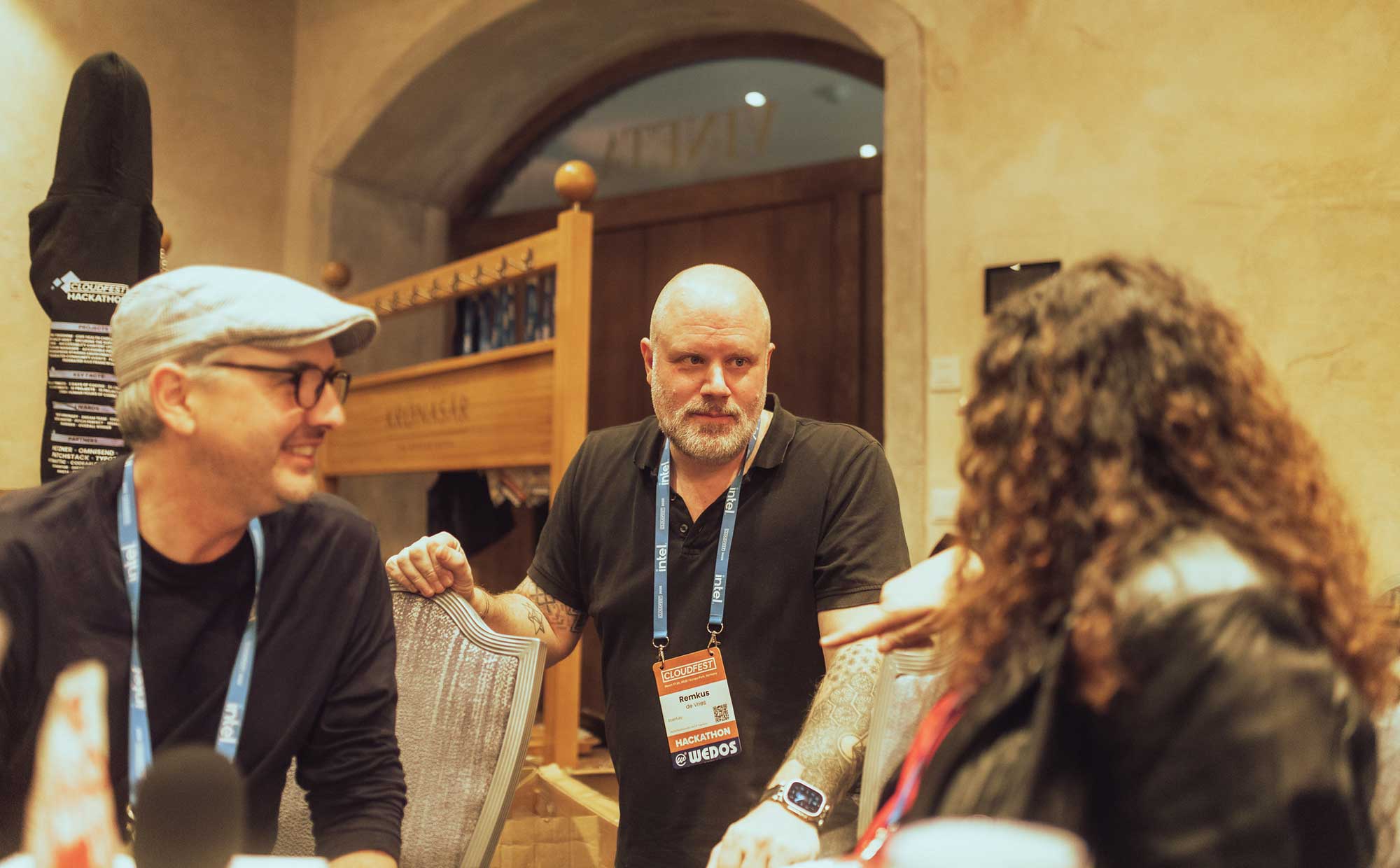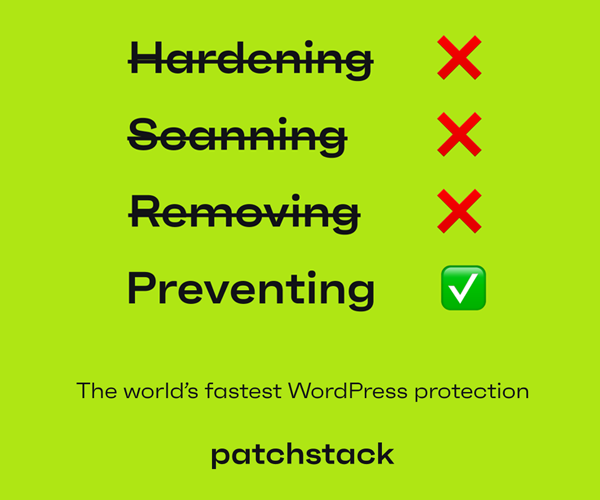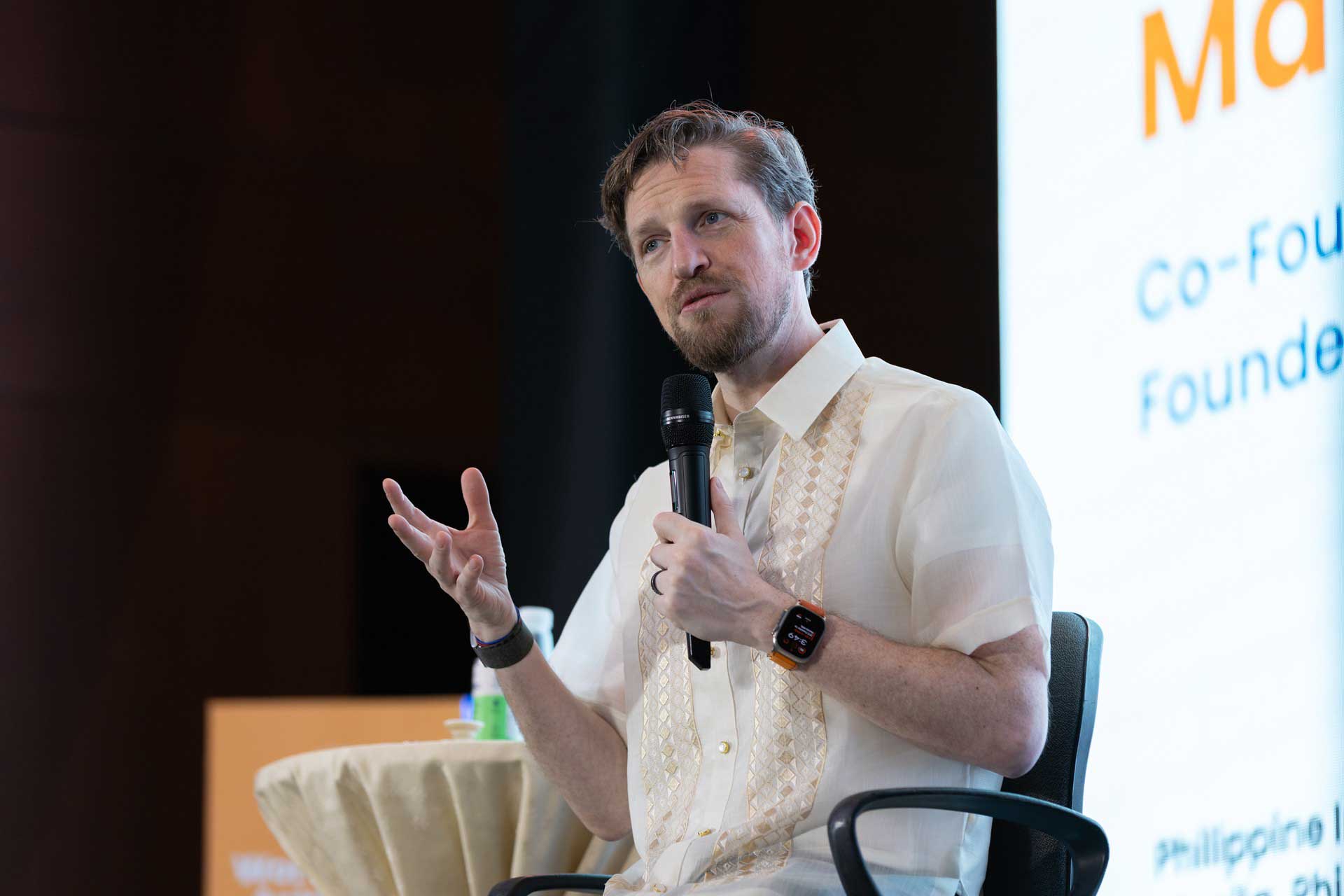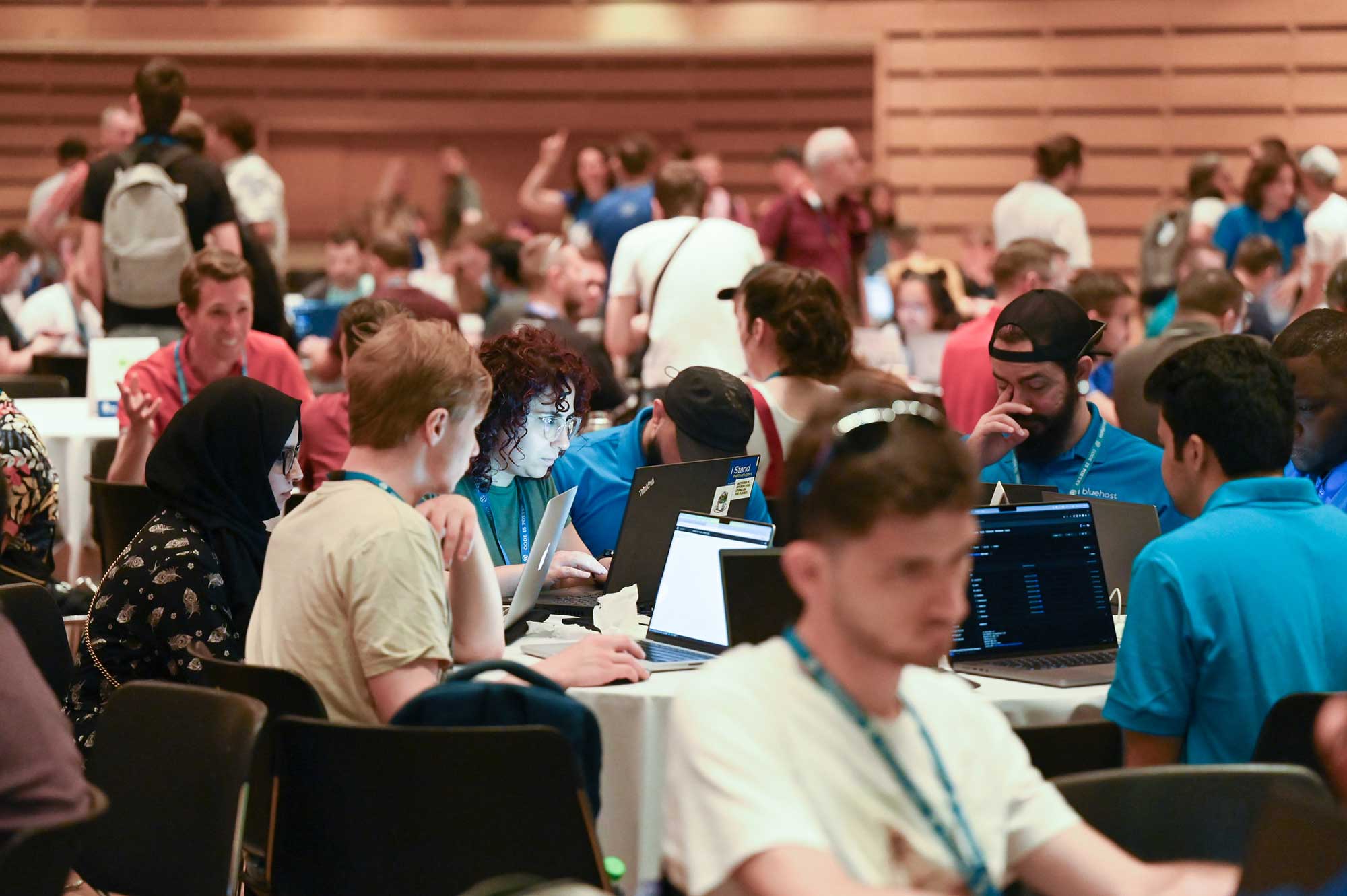WordPress Contributor Day is great for onboarding—but not for shipping. That’s the argument from WordCamp Europe co-founder Remkus de Vries, who has proposed splitting the one-day event—which typically precedes WordCamps—into two tracks: one for first-time contributors, and another for experienced hands ready to dive into focused project work.
De Vries laid out the idea in a blog post, CloudFest Hackathon vs WordCamp Contributors Day, which he shared on social media on Monday, inviting community feedback. The post followed his return from this year’s CloudFest Hackathon, where he was part of the CMS Health Checks team. The three-day event, held in Germany from March 15–17, brought together contributors from across open source communities to collaborate on 10 projects. The experience, he said, offered a level of focus, output, and momentum that WordPress Contributor Days rarely allow—and sparked the question: what if Contributor Day could do more?
“It’s not that Contributor Days are flawed,” de Vries wrote in the post. “They’re just trying to do too many things for too many people in too little time.”
Two formats, two functions
Contributor Days are designed to be beginner-friendly and inclusive. The event helps new contributors get set up—on Slack, Trac, and GitHub—and find their place in the WordPress project with support from experienced contributors.
De Vries acknowledged that onboarding is essential—but said the format falls short for experienced contributors. “Contributor Day widens the entrance,” he wrote. “A Hackathon deepens the impact.”
By contrast, the CloudFest Hackathon took a project-based approach, encouraging contributors to arrive prepared, work in small self-directed teams, and build with intent. Teams moved quickly from planning to prototyping, with some producing early working versions by the end of the first day.
“The sense of agency, of progress—you could feel it,” de Vries wrote. “By lunchtime on day one, there were working prototypes taking shape.”
A proposal for “Contributor Sprints”
Under de Vries’ proposal, Contributor Day would be split into two parallel tracks:
- One would remain focused on first-time contributions and mentorship, offering a welcoming space for new contributors to get set up with WordPress—and without the pressure of delivering something.
- The other—which de Vries called “Contributor Sprints”—would give experienced contributors the structure and time to work on scoped projects with clear goals.
The sprint track would allow contributors to pitch ideas in advance, form small working groups, and focus on specific outcomes. That could mean closing decade-old bugs in Trac, auditing a theme for accessibility issues, or pair-programming a new WP-CLI command—like the one developed during the WP-CLI as an MCP Host project at this year’s CloudFest Hackathon.
“Whatever magic they would like to create, do, or fix,” de Vries said.
The key, he says, is preparation. “Let them pitch ideas in advance, just like they do with the CloudFest Hackathon,” he wrote. “Give them the time and clarity to actually do the work.”
Community reactions
The post sparked discussion within the WordPress community, with many supporting de Vries’ idea and some raising practical considerations.
Yoast founder Joost de Valk, who was part of the WP-CLI as an MCP Host team, reflected on the Hackathon in a blog post of his own, calling it “old school WordPress contributing vibes.” He described the event as a “reminder of what WordPress can be,” working alongside peers to solve problems and ship improvements.
Bertha AI founder Andrew Palmer, who stopped by the Hackathon to watch, said the atmosphere of collaboration, community, and friendships being built alongside actual working projects was fantastic. “We need this type of event at WordCamps,” he commented on de Vries’ post.
Others noted past attempts at project-based contributor events—and the logistical hurdles involved. Progress Planner co-owner Taco Verdonschot, who previously served as Head of Relations at Yoast, said multidisciplinary teams at Yoast Contributor Days struggled to stay productive within a one-day format. Unfinished projects, mismatched skill sets, and long stretches of idle time led to mixed experiences for attendees, including some who got bored and left early.
“So while I agree with you that having focused projects would be a really great improvement to the way we do our contributor days, I feel we do have some things to figure out before we really can do this well,” Verdonschot commented.
Accessibility consultant Anne-Mieke Bovelett, who led the winning Visua11y project at CloudFest Hackathon, said preparation made all the difference. “Coming prepared and having an experienced project manager with strong communication skills,” she wrote, were key ingredients for success.
Syde CIO Robert Windisch suggested testing the format as a standalone event before integrating it into major WordCamps. “When the format works in a smaller setting, it can be included and transformed into the main events,” he commented.
A rethink, not a replacement
De Vries stressed that his proposal isn’t about turning Contributor Day into a productivity contest—but about designing for different types of contribution. “Contribution looks different depending on where you are in your journey,” he wrote. “And we should design our events accordingly.”
“We need the first-timers who will come back next year as experienced contributors,” he added. “And we need the veterans to feel like their time is valued, like their expertise has a place to flourish—not just mentor.”
For de Vries, and others inspired by the energy and output of this year’s CloudFest Hackathon, his proposal offers a way to bring that same momentum to WordPress Contributor Days.
“Perhaps it’s time to make room for both the slow burn of onboarding and the fast spark of focused sprints,” de Vries wrote. “We don’t have to choose one or the other. We just have to be intentional about serving them both well.”
Image credit: Roan de Vries.








